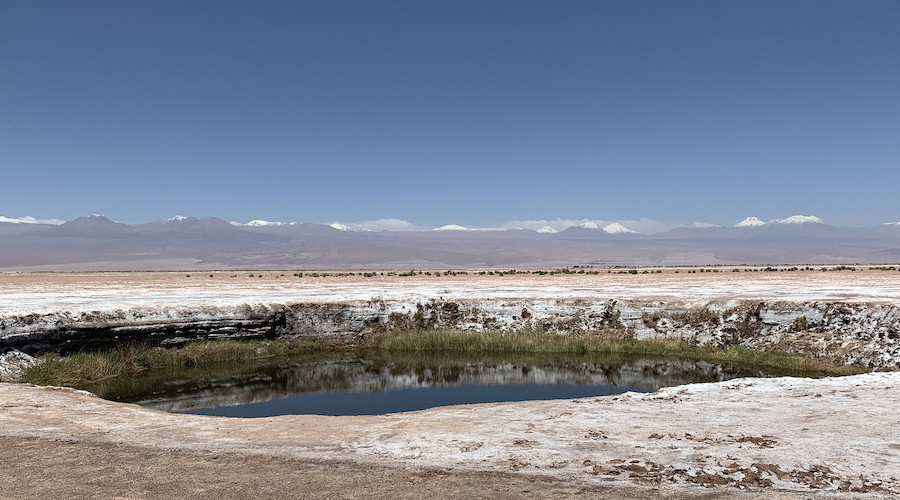Albemarle facing environmental charges in Chile for over-extracting lithium-rich brine

The minor offence refers to the extraction, from October 2019 to September 2020, of an average annual flow of 452 litres/second of brine from the salt flat, thus exceeding the limit of an average annual flow of 442 litres/second established in environmental resolution No. 21/2016.
The serious offence, on the other hand, refers to the US company not complying with the regulations established in the Aquifer Alert Sector’s Early Warning Plan.
According to the Superintendence, the incident related to the serious offence took place in March 2021 when Albemarle didn’t notify the SMA it had activated the Early Warning Plan and failed to immediately reduce brine extraction from the Atacama salt flat for the February-March 2021 period.
“The charges are based on environmental inspections carried out by officials from the SMA together with experts from the Agricultural and Livestock Service and the National Geology and Mining Service. These inspections started in 2018 in the facilities of the lithium chloride plant project,” the statement reads.
The communiqué points out that Superintendence personnel also compiled historical records related to water usage and presented by Albemarle in its environmental monitoring reports.
“These charges are based on information provided by the company itself and support the actions that the SMA is taking in this territory,” the Superintendent of Environment, Cristóbal De La Maza, said in the statement. “Let’s not forget that in addition to Albemarle, another three mining companies operate in this area – Zaldívar (CMZ), Escondida (MEL) and Soquimich (SQM). Their activities have the potential to directly affect ecosystems and communities and, to date, all of them have been penalized for environmental breaches.”
From the moment the charges were laid, Albemarle has 10 business days to present a ‘compliance plan’ and 15 business days to appeal the charges.
Albemarle extracts lithium-rich brine from beneath the Atacama salt flat and puts it into open-air pools at its Salar plant, where it reaches a concentration of 6% lithium through solar evaporation. The company then processes the distilled brines into battery-grade lithium carbonate and lithium chloride at its La Negra chemical plant near the city of Antofagasta in northern Chile.
La Negra produces 44,000 tons per year of battery-grade lithium carbonate and it is being expanded to a third phase that will increase its production capacity to over 80,000 tons per year.




